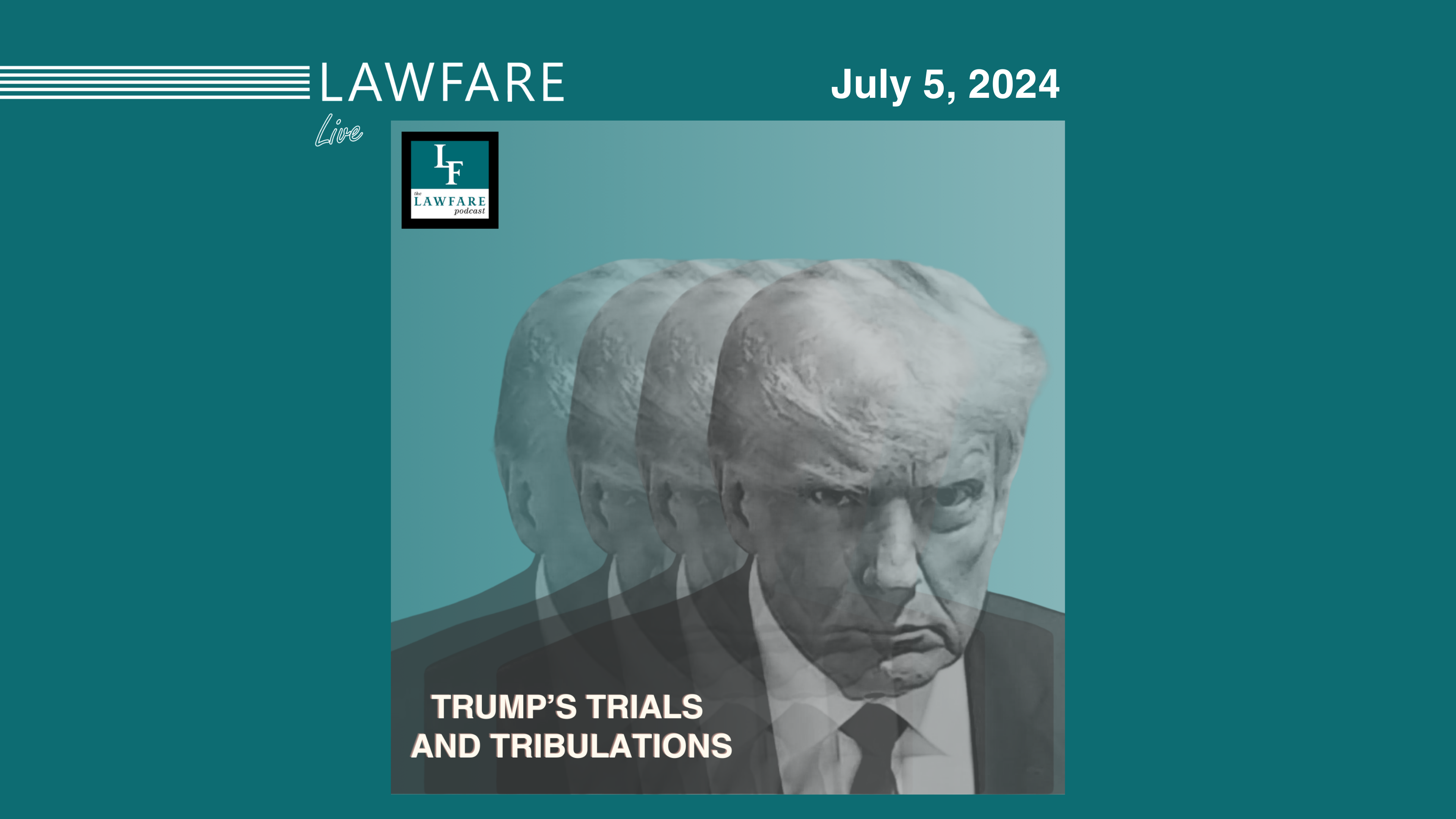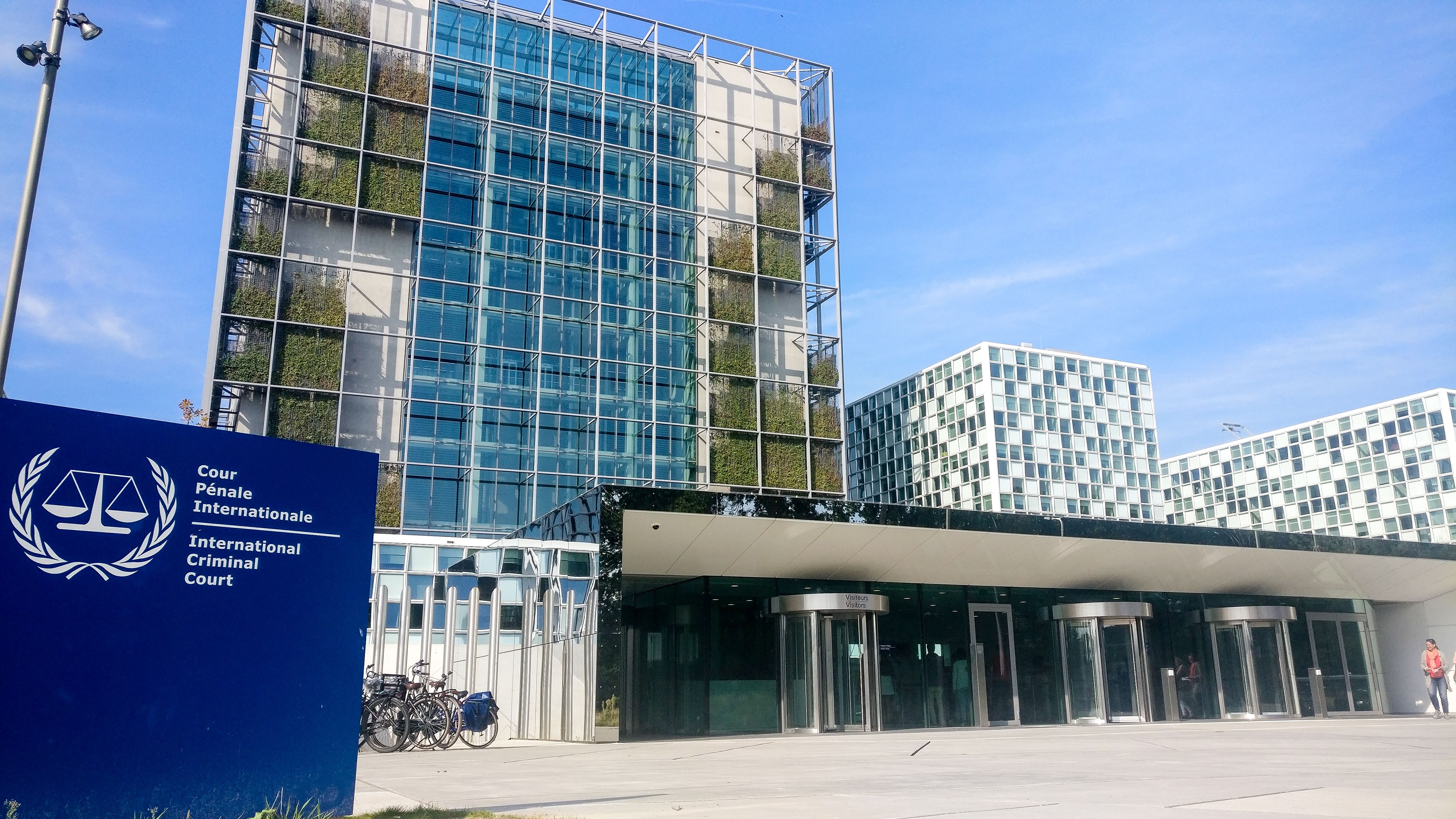The Attorney General's Speech
I join Ben's praise for the Attorney General's speech.
The Administration has done a good job in the speeches by Harold Koh, Jeh Johnson, John Brennan, and now the Attorney General in laying out a comprehensive and reasonably detailed explanation of the legal principles it applies to its counterterrorism operations. When I served in the last Administration, I tried to do the same thing on the international plane, so I am naturally partial to their efforts.
The Attorney General's speech is especially commendable for its detailed explanation of the U.S.
Published by The Lawfare Institute
in Cooperation With

I join Ben's praise for the Attorney General's speech.
The Administration has done a good job in the speeches by Harold Koh, Jeh Johnson, John Brennan, and now the Attorney General in laying out a comprehensive and reasonably detailed explanation of the legal principles it applies to its counterterrorism operations. When I served in the last Administration, I tried to do the same thing on the international plane, so I am naturally partial to their efforts.
The Attorney General's speech is especially commendable for its detailed explanation of the U.S. laws applicable to targeting Americans who engage in terrorist activities outside the United States. To my knowledge, the speech is the first time an Administration official has acknowledged that an American outside the United States enjoys a constitutional right to due process before being targeted, and it explains how the Administration has addressed those rights. I agree with the legal analysis, including the argument that the Due Process Clause requires sufficient process to ensure that a targeted American is not arbitrarily deprived of life, but that prior judicial review is not required. Although somewhat late in coming, the Attorney General's speech answers the mail on the issue of the legal rules applicable to targeting Americans, and I do not believe that the reported OLC opinion on al-Awlaki needs to be released.
The Attorney General was also right to defend the use of both federal courts and military commissions to prosecute terror suspects. As the Attorney General rightly points out, the Bush Administration prosecuted hundreds of terrorism cases in federal court. Military commissions are appropriate and necessary in certain cases, and it is important for the Attorney General to defend their fairness. Even if the Administration is not enthusiastic about military commission trials, if the Administration wants other countries to believe that military commissions are fair, senior offficials outside the Department of Defense need to defend and explain them.
Presumably because the Attorney General's speech was primarily aimed at a domestic audience, it was less detailed about the international law rules applicable to targeted killings. For example, the Attorney General stated that targeted killings must comply with applicable law of war principles. But the speech does not specify what rules apply, or why. For example, do the laws of war apply to targeted killings of al Qaida leaders because the U.S. is in an armed conflict with al Qaida, or does human rights law apply? During my time in government, I found that many European governments wanted to know what laws the U.S. was applying to our counterterrorism operations, and how we were complying with these laws. The Attorney General's speech is an excellent contribution with respect to U.S. law applicable to targeting Americans, but as I noted in the Washington Post last fall ("Will Drone Strikes Become Obama's Guantanamo?"), the Administration needs to continue to build a broader international consensus for drone strikes and some of its other counterterrorism policies.
John B. Bellinger III is a partner in the international and national security law practices at Arnold & Porter in Washington, DC. He is also Adjunct Senior Fellow in International and National Security Law at the Council on Foreign Relations. He served as The Legal Adviser for the Department of State from 2005–2009, as Senior Associate Counsel to the President and Legal Adviser to the National Security Council at the White House from 2001–2005, and as Counsel for National Security Matters in the Criminal Division of the Department of Justice from 1997–2001.





